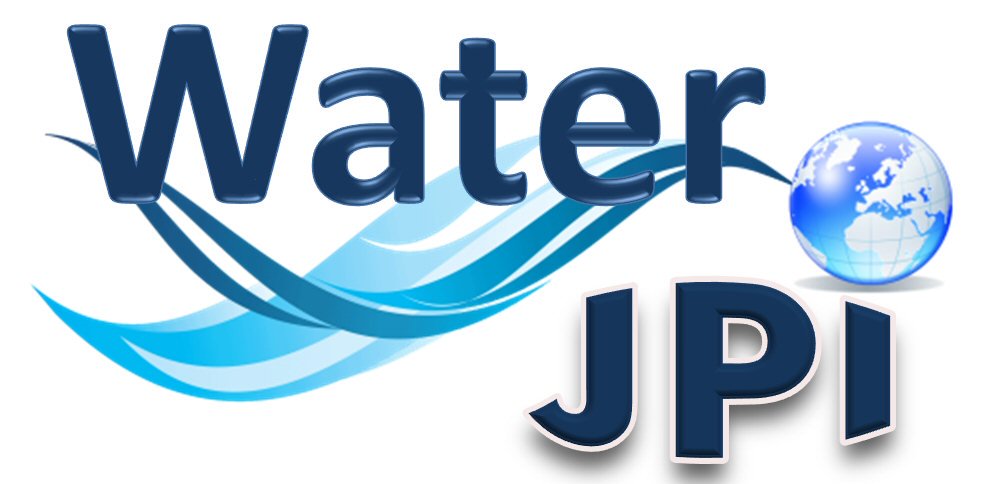The protection of our environment and natural resources is crucial in today’s society. A major focus is on climate change, mitigation and adaptation – a core issue of which is the availability, quantity and quality of our water resources. However, millions of people who receive drinking water every day are at risk from, amongst other factors, animal and human waste, pesticides, emerging contaminants, risks from “established” contaminants, aged water supply infrastructures, and sub-optimal water management.
Ever more chemical constituents are in use – population growth has fuelled the use of sanitary, household and personal care products, advanced medicines and therapies, and intensified food production. Over 4000 new substances are being added daily to the Chemical Abstracts Service (CAS) alone. In particular, contaminants of emerging concern (CECs), contaminants which are not commonly monitored but are suspected to have adverse ecological and human health effects, can end up in wastewater by application and use. Existing water treatment plants do not remove all CECs from wastewater, and can change the chemical structures of others, which are then released into the environment. A substantial revision of current legislation is required, which should introduce proactive measures to account for these escalating contaminants and ensure a sustainable water cycle with water suitable for reuse, for the benefit of the environment and the public.
Leading national experts have been brought together by the Water Joint Programming Initiative (Water JPI) to collaborate in a Knowledge Hub focused on Contaminants of Emerging Concern (KHCEC), which seeks to “address knowledge gaps as well as to consolidate knowledge regarding the behaviour of emerging contaminants in the environment…..and their long-term impact on the health and lives of ecosystems and citizens”. To that end, the hub has just published a “Stakeholder Brief” providing an overview of current knowledge of CECs, detection methods and treatment options, with key messages to address these issues going forward. It is hoped that the brief will stimulate debate among water stakeholders and encourage multi-stakeholder collaboration to bring about change. In addition to the brief, the hub will release infographics via social media channels in the coming weeks to invite conversation with citizens on the issue.
“It is crucial to act as a knowledge broker in order to tackle this challenge, informing policymakers and other stakeholders of the latest science-based findings, including new knowledge and innovations” said Dominique Darmendrail, Water JPI Coordinator from the French Research Funding Agency, ANR.
As the KHCEC work progresses into its next phase, this newly developed resource and the latest updates from the group are available on the Water JPI website.
For more information, please visit the Water JPI website or the Water JPI Twitter page (@WaterJPI).

